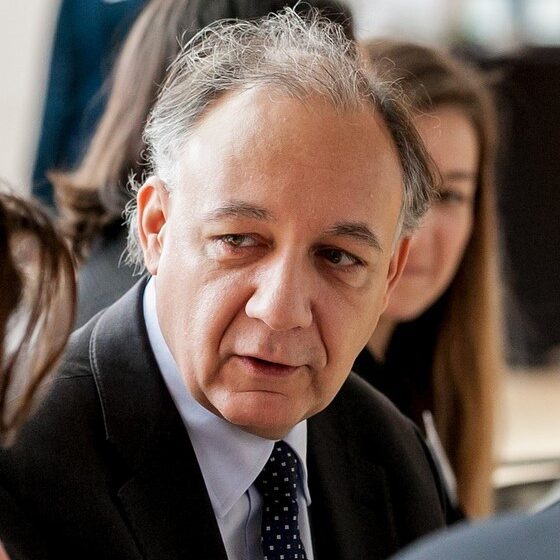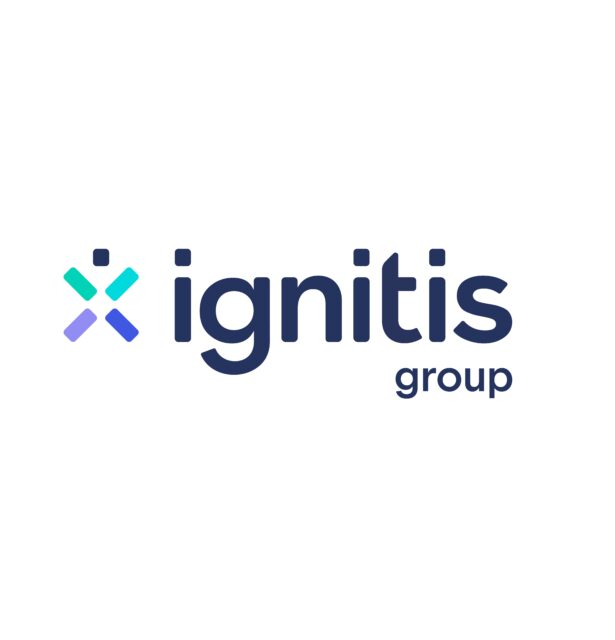
Marcos António Nogueira – Mechanical Engineer, Marcos is a former renowned researcher in the field of mathematical modelling, he has authored numerous publications together with RGESD at IST, Lisbon University. As adviser, technologist or project leader, he was responsible for the design and development of systems used by international industrial groups and public authorities at all levels of public administration. Marcos pioneered on the leadership of a significant number of initiatives for digitalisation of public functions in fields of air quality, environment, energy or market-places. He was also responsible a wide number of capacity building, research, innovation, training and networking initiatives, events or projects at European level. At global level Marcos supported the development of early digitalization processes related to optimisation of high energy intensity processes in a number of international industrial groups in US, Brazil, Europe and South Korea. As researcher he was part of the team developing early stage Hydrogen Society projects, parallel computing, muilti-dimensional modelling among other research topics. Marcos co-authored several hundreds of papers, addresses, reports or briefs and higher-education teaching materials. Marcos was co-responsible for advanced training programmes of what become a significant, educated and influential alumni. Among other ventures, Marcos was founder of IrRADIARE Science for Evolution. During the last 25 years, Marcos has devoted he carrier to public service leading the development of a significant number of projects and programs for public entities, at all levels of public authority, with special emphasis on cities and regions in Portugal, in addition to continued activity at European level. Practitioner in field of European affairs since the 90s Marcos currently leads the representation of Alentejo to the EU, region he vigorously adopted, and is H2020-AURORAL’s Project Coordinator among other public domains of participation.
Title of presentation: Smart Communities and European Governance



